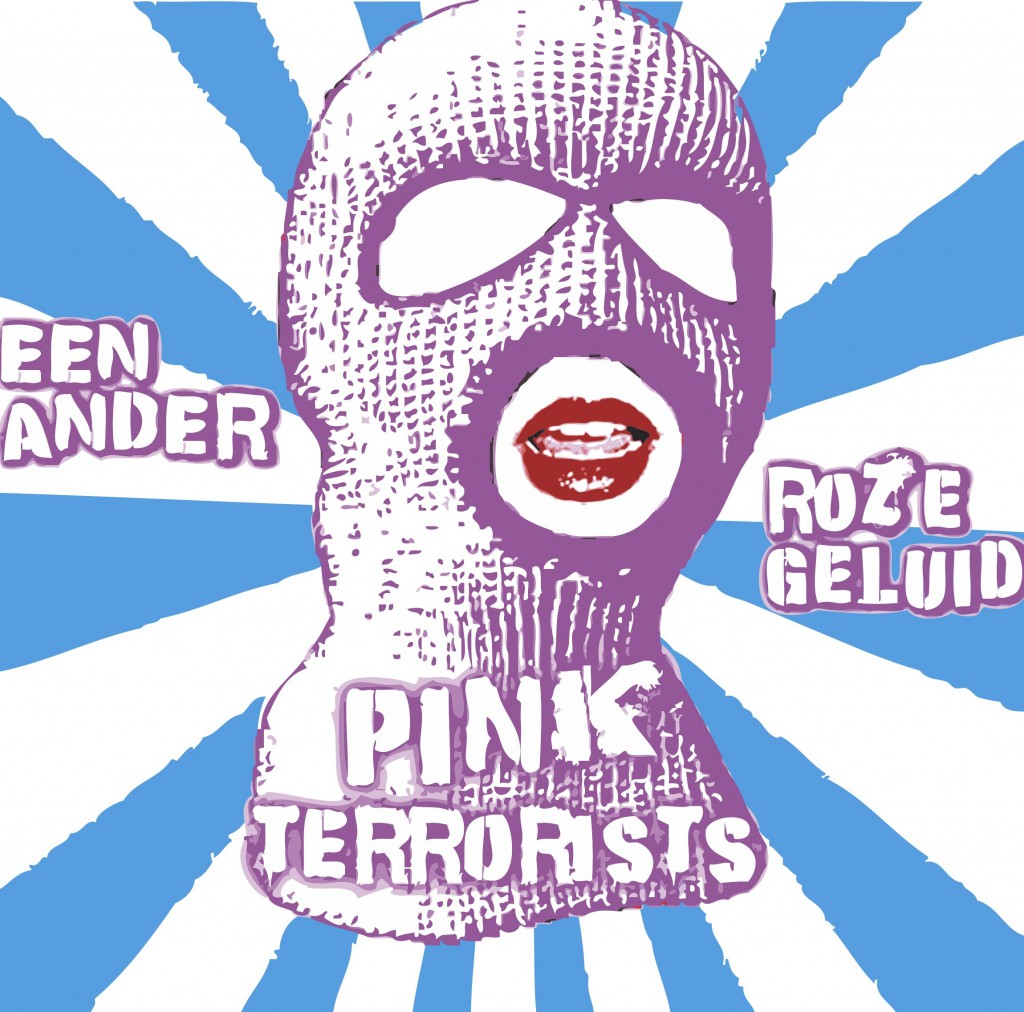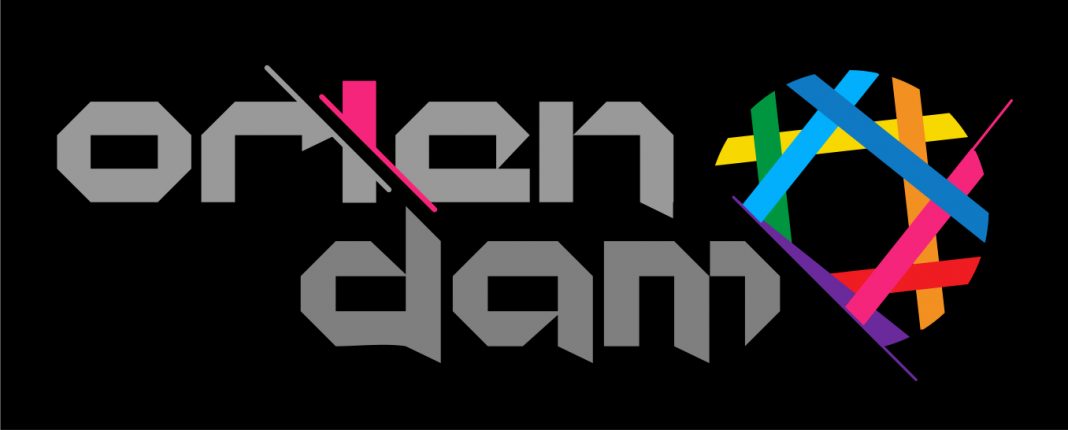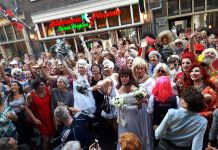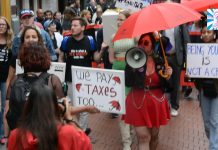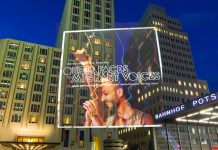We were asked to make a report of this event organized by Secret Garden, a foundation that represents the voice of LGBTQI refugees in The Netherlands, most of whom have a muslim background.
Oriendam had a full and diverse program: a beautiful photo exhibition, dance performances, debates, two impressive documentaries, food and a fashion show. The host of the day was the inspiring Emir Shams, founder of Secret Garden, surrounded by a group of dedicated volunteers as Elie Karam and Chadly Omrane. The goals of the day were to discuss how to improve the circumstances of LGBTQI refugees in the AZC’s ( refugee centers) in The Netherlands and how to improve the visibility and acceptance of LGBTQI people within the migrants communities.
For me personally, the highlights were the documentaries in which refugees told their heartbreaking stories. The first screening was a preview of New York-based artist Carlos Motta’s exhibition Crossings, comissioned by the Stedelijk Museum, which will open in September. Stories about prosecution in their countries of birth, followed by their dramatic escape and their search for asylum. The relief they felt arriving in Holland and the disappointment that followed, when they found out they had to live in the asylum centers together with their countrymen who brought with them to The Netherlands the same views on LGBTQI that they were trying to escape. For a lot of refugees this was a traumatic experience.
Threats, violence, attacks and humiliation by their countrymen were a common factor in most stories, especially for transgender people or feminine men. People working for the C.O.A. ( the State-run organization that provides the staff for asylum centers) very often showed a lack of empathy and were not trained to properly respond in situations like this. Giving advice like “man up” or “do not share your story”, or “blend in and don’t stand out”, pushing them back into the closet. Only acting too late, when the LGBTQI refugee found him/herself in a life-threatening situation.
This was also the theme in the first debate, stricktly moderated by Bart Myland.
Again, heartbreaking stories and two representatives of political parties to
respond, Olave Basabose (Artikel 1) and Simion Blom (raadslid Groen Links).
Olave stood out,in my opinion. She is an expert, having fled Burundi when she
was nine years-old. As a queer non-binary person, Olave knows how it feels like to be
rejected by your own community. She became a political activist fighting against racism and for the rights and well-being of LGBTQI refugees. She pledged for a safe space for refugees upon their arrival in the country, amongst other matters. Simion was less demanding and talked about the power of self-organization.
A book was presented of the stories and portraits of the storytellers. There was a
break in which we ate together and then there was the second debate. The theme
was how to improve the visibility and the acceptance in migrants community here
in Holland. An Iranian woman spoke about her unconditional acceptance of her gay son, a very emotional moment. Most of the refugees in the audience were not so lucky and many have been rejected by their families.
The program finished with a lighter subject: a fashion show. I do not want to diminish the efforts of the two other designers, but George Elias stood out for me. He had a clear vision throughout his menswear and bags. After the fashion show, we were treated with a belly dancing performance and this inspiring day came to a closure.
My conclusion is that to reach the mainstream community it is vital to share the
stories of the refugees in mainstream media. This will change the attitude of the
politicians. Now the situation is very often that in the face of refugees there is
understanding and promises for better circumstances are made but very little is
done because there is not enough pressure from other groups. So let us make
coalitions with other groups to make our voice louder and pressure for change.
The stories of LGBTQI refugees are their biggest tool for change.
